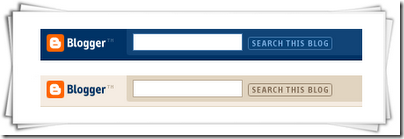

To summarize the above: Free proxies are not suitable for serious work, but they can be used by beginners.

There is no need to use the authorization.Thus, the host sees the IP of the proxy and the IP of the client, who uses it for Internet connection.īy the way, all our paid proxies are elite. But the user's IP-address is visible in the analysis of the headers transmitted to the host.

Transparent proxy also requests data from a remote resource using its IP-addresses. So the remote host does not see the user's IP and that the proxy server is used. If you are using a SOCKS proxy server to connect to the Internet, specify the fully-qualified domain name and port number in this format: fully. And of course it doesn't transmit the IP of the client. So remote host sees that this IP address belongs to the proxy server, but the host cannot see the real IP-address of the person who uses the proxy.Įlite proxies don't transmit any headers specific to the proxy server. However headers contains information specific to the proxy server. Free proxies are divided into 3 classes of anonymity: anonymous, elite, transparent.Īnonymous proxy does not transmit in the headers anything, which regards to the user's IP-address. In this case the proxy sends a remote resource some defined headers, the set and values of which determine the degree of anonymity of the proxy server. Thus, requests for remote Internet resources come not from the IP-address of the client (user), but from the proxy IP-address. Then, the proxy server receives data from the requested site and transmits it to the client. In other words, if a proxy server is used, any request to the web site first comes to the proxy, and then it transmits this request further to its destination. Proxy server is a computer that acts as an intermediary for data exchange between the user and Internet resources. If the connection fails, verify that your settings are correct by examining the configuration of the proxy server or by testing with an SSH client such as Putty or SecureCRT.Free proxies are usually public proxies or errors of system administrators who do not bother to change the default settings or set a password. A connection to the device should succeed. To test your settings, select a previously inaccessible device from the Inventory and launch the SSH applet. The Socks Proxy configuration will be transparent to the end user. Once you have configured necessary settings, click Save.
#Socks proxy list text password
Depending on the configuration of the proxy server, a username and password may be required.

Since Version 4 does not support authentication, the password field is grayed out.


 0 kommentar(er)
0 kommentar(er)
